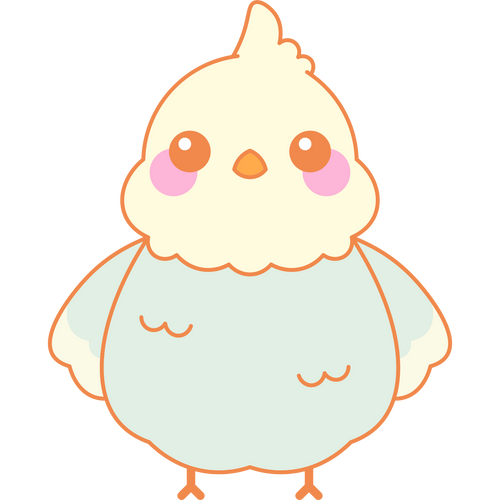In captivity, sexual behaviours in parrots can manifest in various ways, including regurgitating food for their owners or other objects
Sexual behaviour in birds is a topic that has been extensively studied by scientists. Birds exhibit a wide variety of reproductive strategies, including monogamy and polygamy. They also engage in various courtship rituals, displays, and vocalizations to attract mates.
One of the most striking examples of sexual behaviour in birds is the mating dance of the male birds of paradise. These birds, found primarily in New Guinea, have evolved a remarkable array of colourful feathers and intricate dance moves to attract females. The male birds of paradise use their brightly coloured feathers to create a visual display that is both impressive and seductive. They also perform a complex dance that involves fluffing their feathers, contorting their bodies, and making a series of clicking and popping sounds with their wings. Another well-known example of sexual behaviour in birds is the elaborate courtship displays of the bowerbirds. These birds, found primarily in Australia and New Guinea, build intricate structures called bowers to attract mates. The male bowerbirds decorate their bowers with a variety of objects, including feathers, shells, and berries. They also perform a series of dance moves and vocalizations to impress potential mates.
One of the most interesting aspects of sexual behaviour in birds is the role of hormones in controlling reproductive behaviour. Hormones such as testosterone and estrogen play a crucial role in regulating courtship displays, aggression, and mate choice. Male birds, for example, produce higher levels of testosterone during the breeding season, which enhances their aggressive and territorial behaviour. Female birds, on the other hand, produce higher levels of estrogen, which increases their receptivity to male courtship displays.
In captivity, sexual behaviours in parrots can manifest in various ways, including regurgitating food for their owners or other objects, making repetitive motions such as head-bobbing or wing-flapping, or even attempting to mate with their owners or other birds. Correcting these behaviours is usually unnecessary, as most birds will return to "normal" in six to eight weeks. There will be exceptions; some birds exhibit these behavioural changes persistently, rather than with a normal seasonal pattern. An owner may actually inadvertently reward a behavior by paying attention to it.
To discourage sexual behaviours in parrots, it is important to create an environment that is free from sexual cues. This may mean removing any objects or toys that the parrot may associate with mating, such as mirrors or nesting materials. Additionally, it is important to avoid engaging in any behaviours that may be interpreted as sexual by the bird, such as petting or cuddling the bird in a manner that could be seen as intimate.
Another way to discourage sexual behaviours in parrots is to provide them with plenty of socialization and stimulation. Parrots that are bored or lacking in social interaction are more likely to display sexual behaviours as a means of coping with their environment. Providing your bird with plenty of toys, puzzles, and other forms of mental stimulation can help to reduce their stress levels and discourage sexual behaviours.
It is also important to establish clear boundaries with your parrot. While parrots can form strong bonds with their owners, it is important to ensure that these bonds do not cross the line into inappropriate behaviour. This may mean avoiding behaviours that could be interpreted as flirting or intimate, such as kissing or snuggling with the bird.
If your parrot continues to display sexual behaviours despite your efforts to discourage them, it may be necessary to seek professional help from a avian veterinarian or avian behaviourist as they can help provide guidance on how to modify the bird's behavior in a safe and effective manner.
Nesting areas and materials should be made inaccessible. Certain birds can be discouraged by cutting the amount of indoor daylight to a photoperiod similar to winter, generally fewer than six hours per day. Hormone treatment could be required in specific situations to change sexual behaviour. If egg-laying or aggressive sexual behaviour cannot be reduced by altering the environment, your avian veterinarian may suggest hormone implants.
By understanding why these behaviours occur and taking steps to discourage them, parrot owners can create a safe and comfortable environment for their birds. Providing plenty of socialization and mental stimulation, removing sexual cues from the bird's environment, and establishing clear boundaries can all help to discourage sexual behaviours in parrots. If necessary, seek professional help to modify your bird's behavior in a safe and effective manner.

